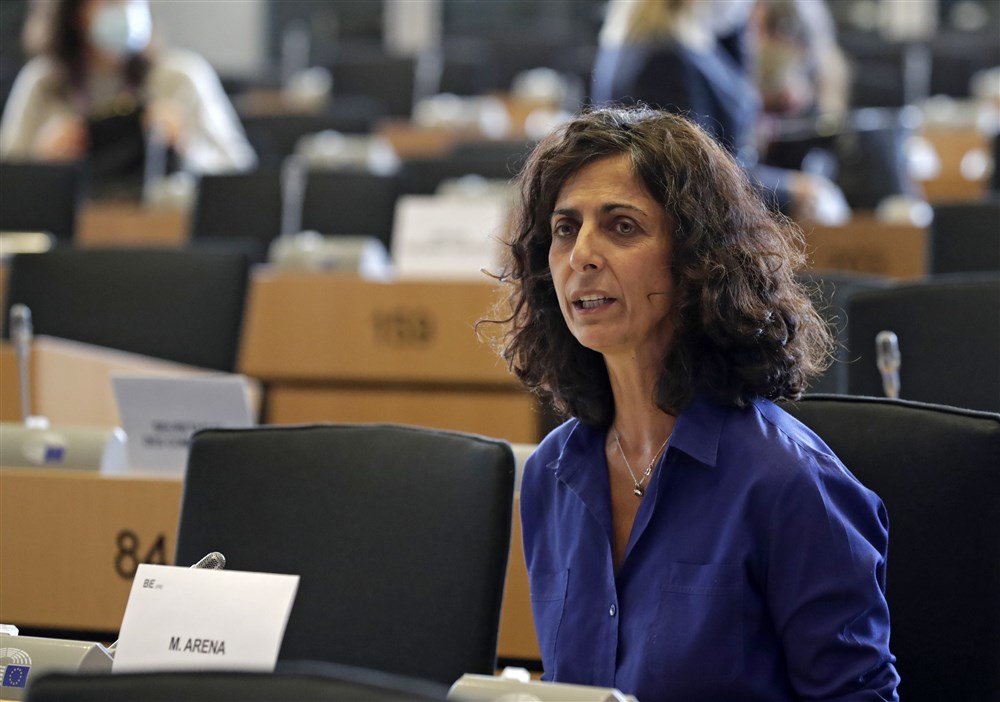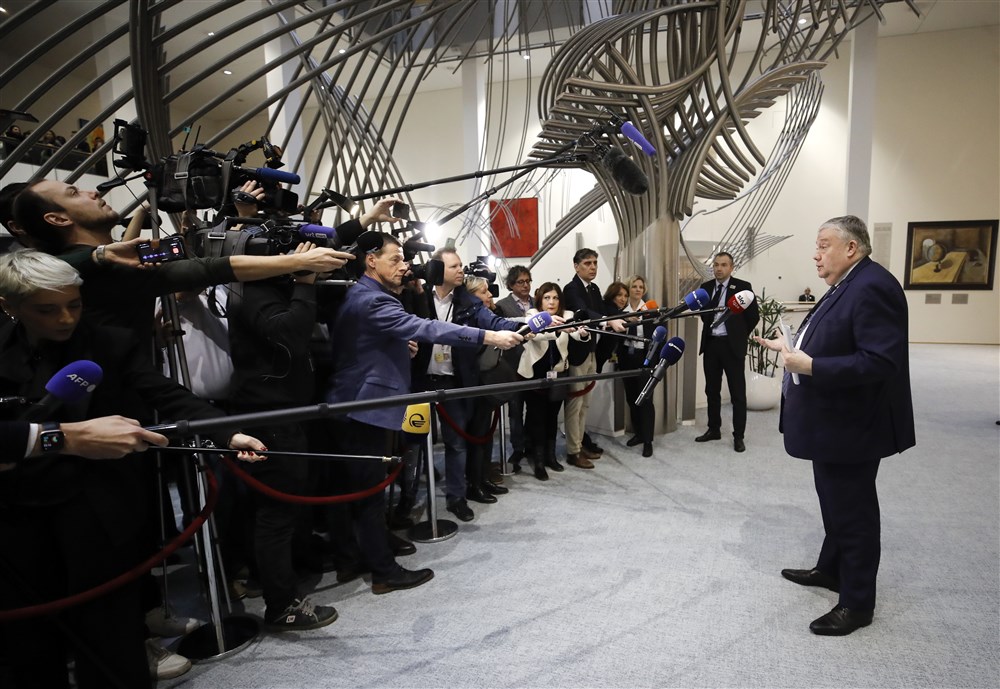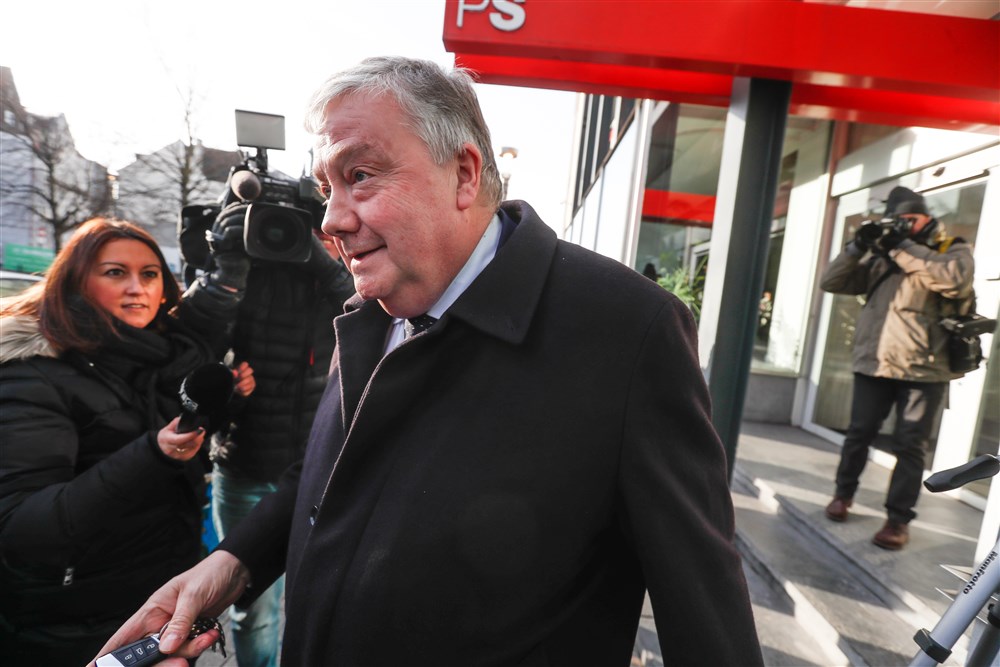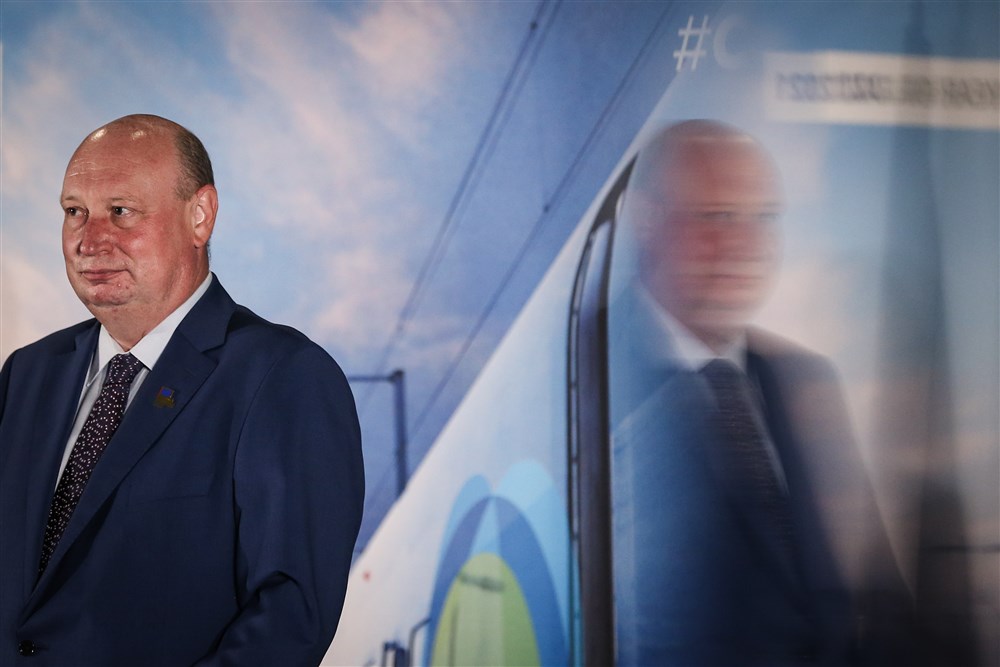The European Parliament is already back-peddling on reform promises made when the Qatargate scandal broke just three months ago, according to a transparency campaigner.
Euro MPs want to show the public that they have mended their ways but don’t want any new rules – in particular lobbying rules – imposed upon them.
Talking to online magazine Encompass in a podcast, Michiel van Hulten, director of Transparency International EU, said Euro MPs were only willing to accept lobbying reform that in essence “doesn’t make any difference”. A proposal that would impose a longer cooling off period on former MEPs seeking to lobby the assembly has already been dropped, according to van Hulten.
The Parliament is “in two minds”, he said. “On the one hand it’s keen to showboat to voters that it has made progress, that it has learned the lessons of Qatargate, that it’s changed, that it’s imposing stronger rules on lobbying, that it’s being tougher on MEPs when it comes to enforcing the code of conduct”.
On the other hand “these MEPs don’t want these rules to be imposed on them. They are in favour in theory, but when it comes to the details they get cold feet”.
By way of example he singled out the December proposal to impose a limit on MEPs becoming lobbyists straight after leaving the Parliament. “There was a proposal to impose a restriction that MEPs basically couldn’t lobby the Parliament for between six and 24 months depending on length of service,” said van Hulten. “That proposal’s now been withdrawn; it’s been reduced to six months.”
The six-month figure is not a meaningless detail, said van Hulten, himself a former MEP, because “the reality is that in the six months after MEPs leave the European Parliament, nothing really happens from a legislative point of view; there is no activity in Brussels in the first six months of a new parliamentary term. So imposing a six-month lobbying ban for MEPs… really doesn’t make any difference to the problem that’s been identified”.
The European Parliament, he concluded “is back-peddling on some of the promises it’s been making”, a fact that could backfire on MEPs during next year’s European elections.
The back-peddling comes despite the Qatargate scandal not yet having reached its apex. While attention has focused on the Middle East nation, little has been said about parallel, alleged (and denied) efforts by Morocco to influence the assembly’s work. Brussels-based Politico mused today that EU Commissioner Olivér Várhelyi has been “cozying up” to Morocco during a trip to the country this week. The Commissioner “lavished praise on the kingdom and handed out over €500 million in EU grants just as the major corruption scandal continues to buffet the European Parliament”, the website reported. Is the Brussels executive trying to ignore the allegations?
The corruption scandal continues to grow and there are signs that it might involve the European Commission too. The Commission is rushing to rewrite its “ethics rules” after it was revealed that the director-general of its transport ministry, Henrik Hololei, accepted nine free flights from Qatar Airways while his team was negotiating an air agreement with the government of Qatar, which owns the airline.





